Fire damage is one of the most devastating risks homeowners face. A house fire can destroy property, jeopardize lives, and leave long-lasting emotional and financial effects. Fortunately, many fires are preventable with the right precautions. Here’s a comprehensive guide to minimizing the risk of fire damage in your home.
1. Install and Maintain Smoke Alarms
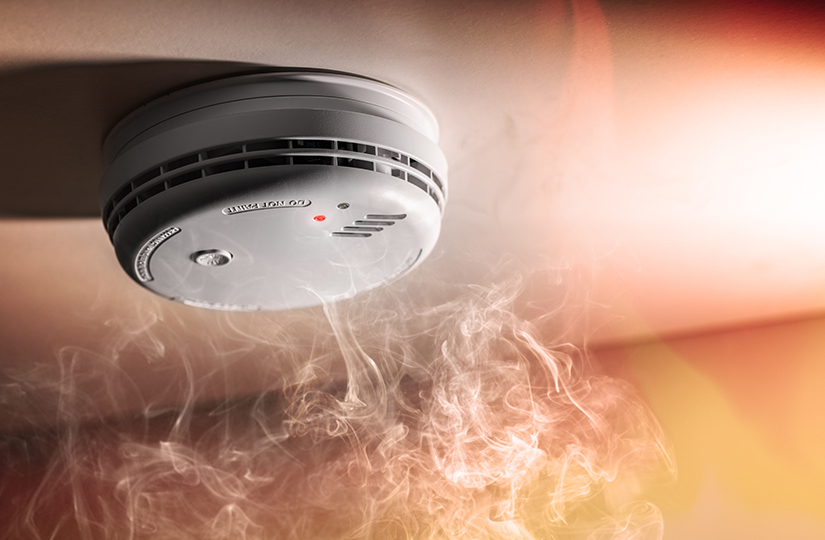
Smoke alarms are your first line of defense in detecting fires early. Properly working smoke alarms can save lives by providing an early warning, allowing you and your family to evacuate quickly.
Tips for Smoke Alarm Safety:
- Install smoke alarms on every level of your home, inside bedrooms, and outside sleeping areas.
- Test your alarms monthly to ensure they’re functioning correctly.
- Replace the batteries at least once a year or whenever you hear the low-battery warning.
- Replace smoke alarms entirely every 10 years.
Pro Tip: Consider installing interconnected smoke alarms that alert everyone in the house simultaneously when one detects smoke.
2. Practice Safe Cooking Habits

Kitchen fires are the leading cause of house fires in the U.S., often starting from unattended cooking or flammable items near heat sources.
Tips to Reduce Fire Risks in the Kitchen:
- Never leave cooking food unattended, especially when frying, grilling, or broiling.
- Keep flammable items like dish towels, paper towels, and oven mitts away from the stovetop.
- Turn pot handles inward to prevent accidental spills.
- Avoid cooking if you’re drowsy or under the influence of alcohol.
If a fire starts in a pan, smother it with a lid or use a fire extinguisher—never pour water on a grease fire.
3. Regularly Inspect Electrical Systems
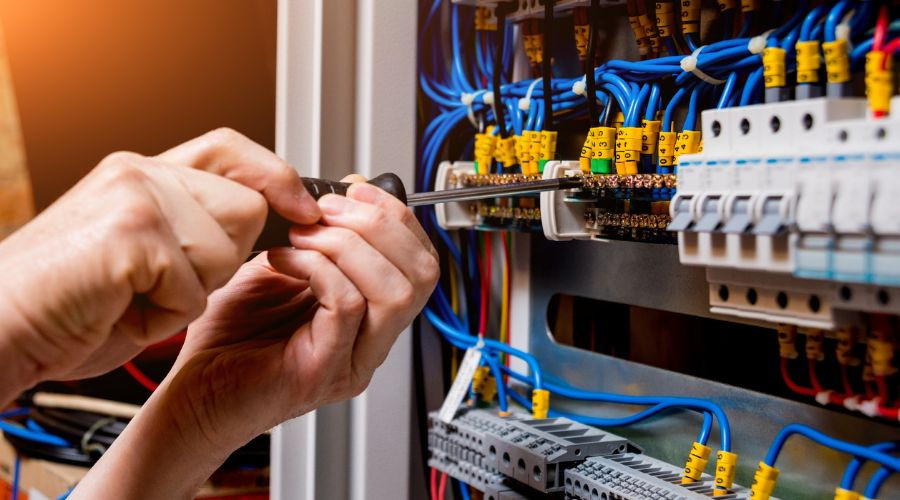
Faulty wiring and overloaded circuits are common causes of house fires. Many electrical issues go unnoticed until it’s too late, making regular inspections essential.
Electrical Safety Tips:
- Don’t overload outlets with multiple devices.
- Use surge protectors for electronics and avoid daisy-chaining extension cords.
- Replace frayed or damaged cords immediately.
- If your lights flicker, breakers trip frequently, or outlets feel warm, call a licensed electrician to inspect your system.
Pro Tip: For added safety, consider installing arc fault circuit interrupters (AFCIs), which shut off electricity when a fault is detected.
4. Keep Heating Systems in Check
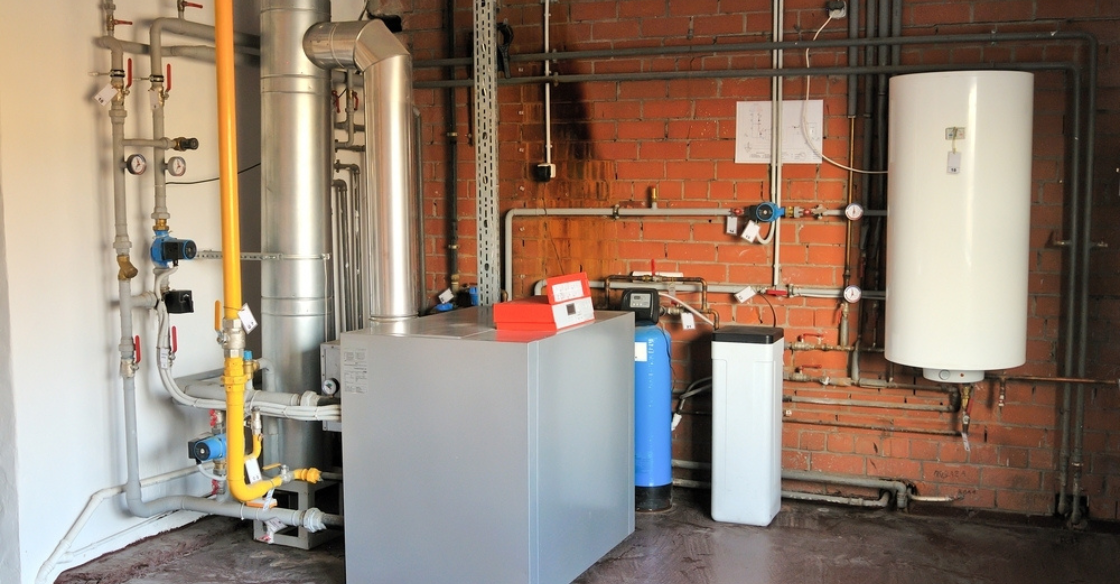
Heating equipment like space heaters, furnaces, and fireplaces can be fire hazards if not properly maintained.
Tips for Heating Safety:
- Keep space heaters at least 3 feet away from flammable materials like curtains and furniture.
- Turn off space heaters when you leave the room or go to sleep.
- Clean and inspect chimneys and fireplaces annually to remove creosote buildup, which is a major fire risk.
- Use a fire screen in front of your fireplace to contain embers and sparks.
5. Store Flammable Items Properly
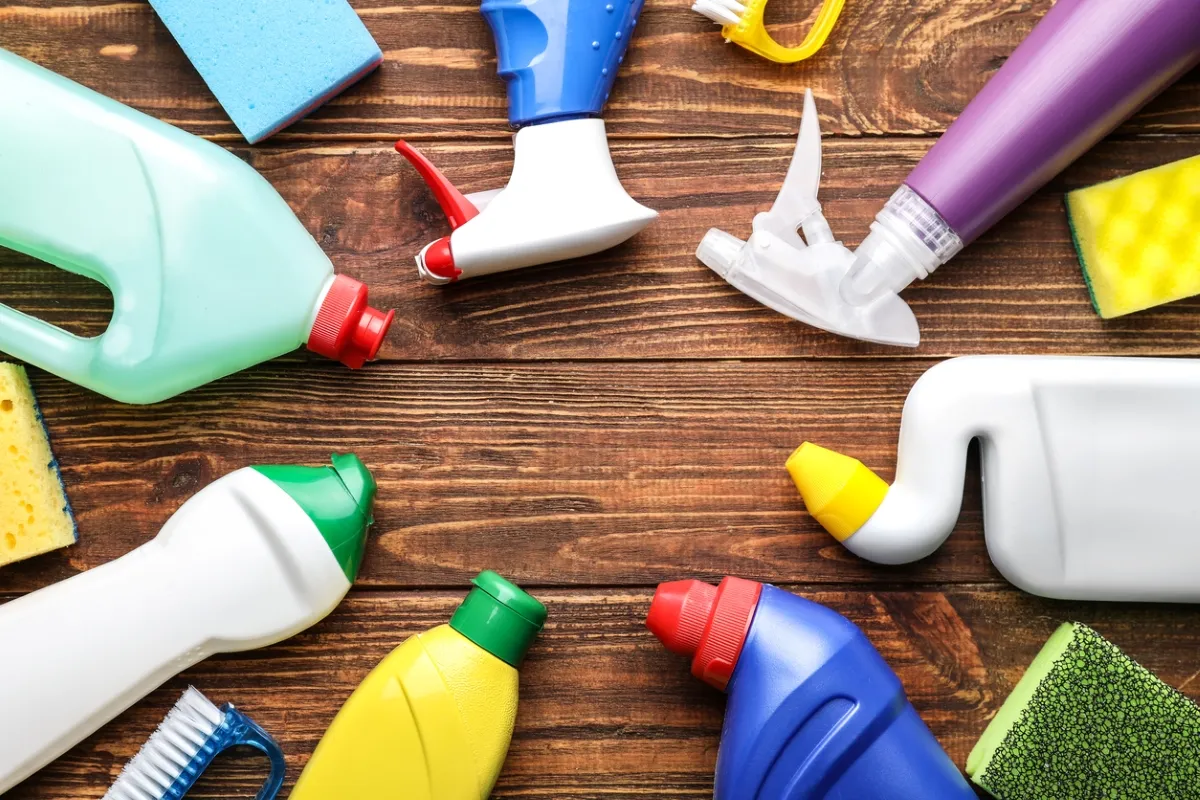
Improper storage of flammable liquids and materials can easily lead to accidental fires.
Storage Safety Tips:
- Store gasoline, paint thinners, and other flammable liquids in tightly sealed containers, away from heat sources.
- Keep matches and lighters out of reach of children.
- Avoid storing flammable materials like newspapers or cardboard near stoves, heaters, or electrical panels.
6. Create an Escape Plan
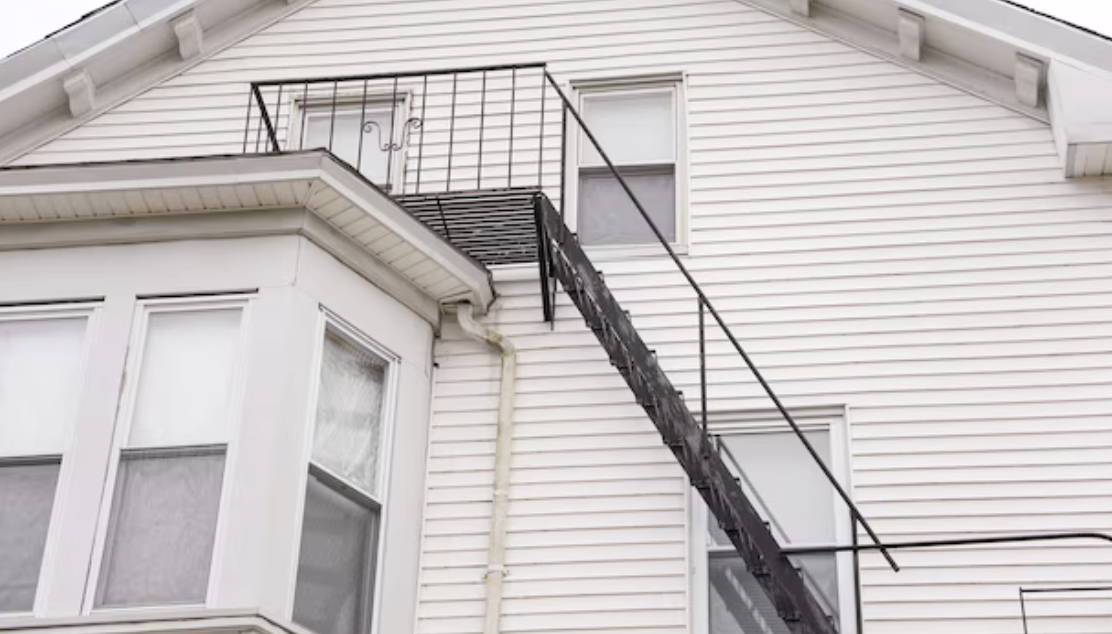
While prevention is key, it’s equally important to prepare for the possibility of a fire. A well-thought-out escape plan can save lives during an emergency.
Steps to Create an Escape Plan:
- Identify at least two exits for every room in your home.
- Practice your plan with all household members, including pets.
- Teach children how to use windows and emergency ladders if needed.
- Choose a designated meeting spot outside, like a tree or mailbox.
Pro Tip: Practice fire drills twice a year to ensure everyone knows what to do in case of an emergency.
7. Use Fire-Resistant Materials
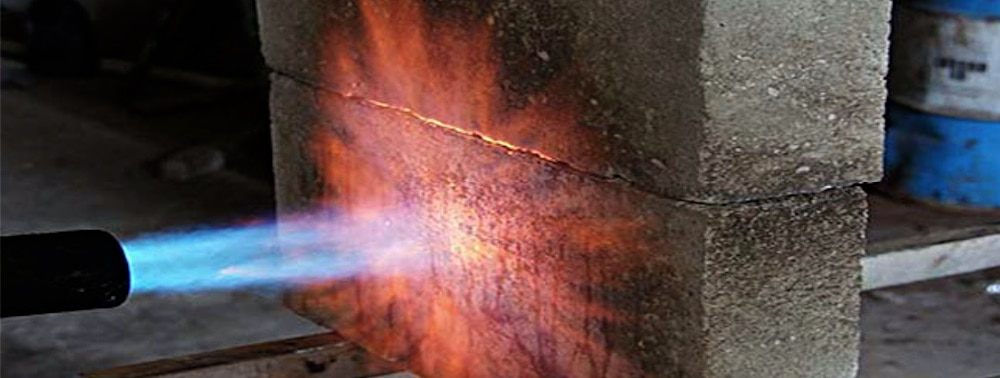
If you’re building or renovating your home, consider using fire-resistant materials for added safety.
Suggestions for Fire-Resistant Materials:
- Metal roofing and siding.
- Fire-rated drywall.
- Double-pane tempered glass for windows.
- Fire-resistant insulation.
These materials may not prevent fires entirely but can slow their spread, giving firefighters more time to respond.
8. Invest in Fire Extinguishers
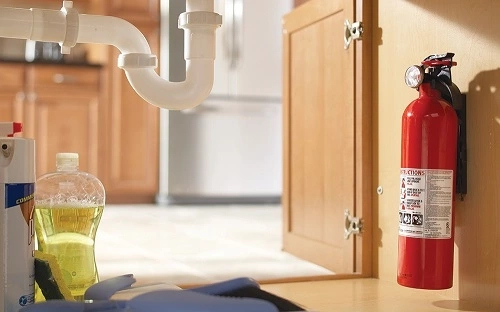
Having a fire extinguisher handy can help you stop small fires before they escalate.
Tips for Fire Extinguisher Use:
- Keep at least one fire extinguisher on every level of your home, particularly in the kitchen, garage, and near fireplaces.
- Learn how to use a fire extinguisher with the PASS method: Pull the pin, Aim at the base of the fire, Squeeze the handle, and Sweep side to side.
- Inspect extinguishers regularly to ensure they are fully charged.
Conclusion
Fire damage is a serious threat, but many fires can be prevented with the right precautions. By installing smoke alarms, practicing safe cooking habits, inspecting electrical systems, and maintaining heating equipment, you can significantly reduce your risk. Remember, preparation is just as important as prevention—create an escape plan and ensure your family knows what to do in an emergency.
If you’ve experienced fire damage or need assistance safeguarding your home, contact your local fire damage restoration professionals at 817-455-9342. Serving the Dallas-Fort Worth area, we’re here to help you protect what matters most.
